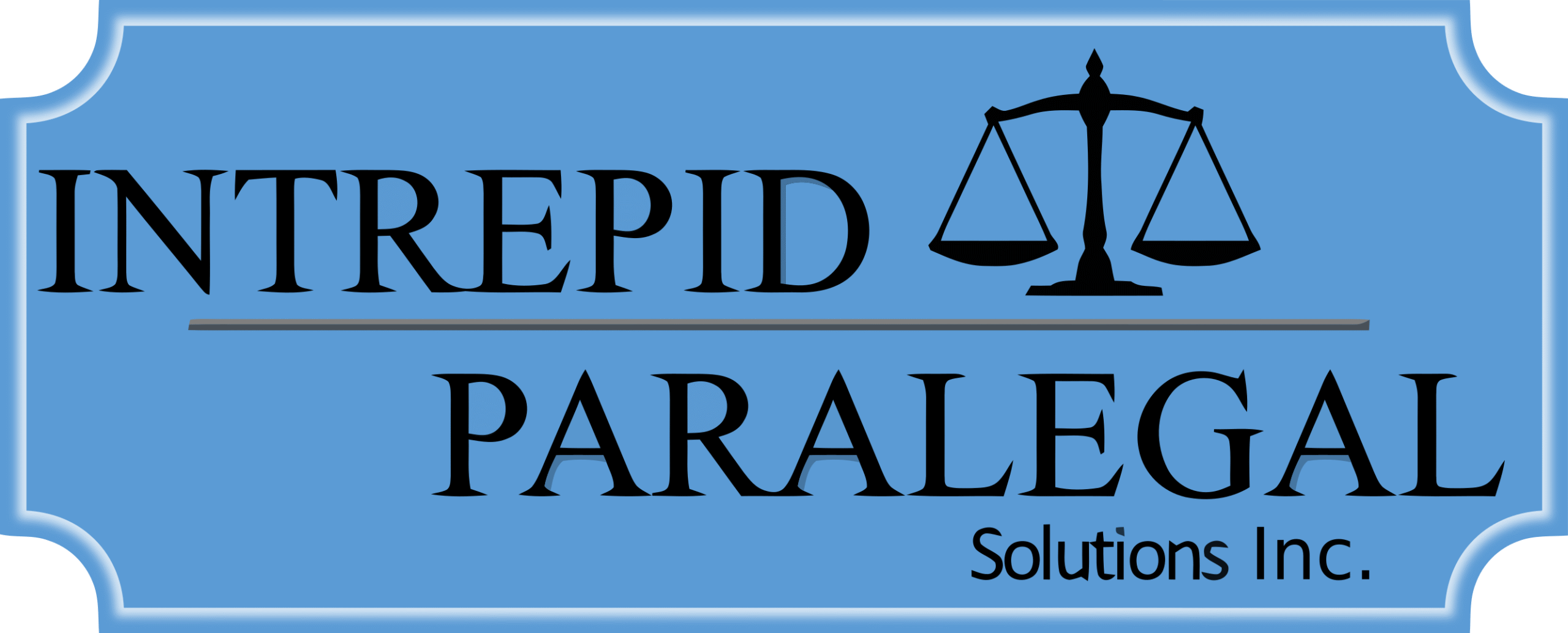In the dynamic landscape of the legal profession, the role of paralegals has undergone significant transformation. Gone are the days when paralegals were confined to administrative tasks; today, they play a pivotal role in legal strategy and case management. This shift has profound implications for how paralegals and attorneys collaborate, fostering more efficient and effective legal practices.
Expanding Responsibilities of Paralegals
Traditionally, paralegals handled routine tasks such as filing documents, scheduling appointments, and managing correspondence. However, the modern paralegal’s responsibilities have expanded to include conducting legal research, drafting pleadings, and even assisting in trial preparation. This broadened scope allows attorneys to delegate more substantive work to paralegals, thereby optimizing the legal workflow.
With these expanded duties, paralegals are now integral to the legal team, contributing valuable insights and support. Their involvement in case strategy and management ensures that attorneys can focus more on complex legal issues and client interactions. This shift not only enhances productivity but also improves the overall quality of legal services provided.
Technology and Remote Collaboration
The advent of technology has been a significant catalyst in redefining the paralegal role. Advanced legal software, cloud-based document management systems, and communication tools have enabled paralegals to work more efficiently and collaboratively with attorneys, regardless of geographical barriers.
Remote paralegal services have become increasingly popular, allowing law firms to tap into a broader talent pool without the constraints of location. This flexibility ensures that legal teams can maintain continuity and responsiveness, even when working remotely. The integration of technology also facilitates real-time collaboration, enabling paralegals and attorneys to share information seamlessly and make informed decisions swiftly.
Enhanced Communication and Team Dynamics
As paralegals take on more substantive roles, the dynamics of legal teams are evolving. Effective communication between paralegals and attorneys is now more crucial than ever. Clear and consistent communication channels ensure that both parties are aligned on case objectives, deadlines, and strategies.
Paralegals often serve as the bridge between attorneys and clients, managing client communications and ensuring that information flows smoothly within the legal team. This intermediary role requires paralegals to possess strong interpersonal skills and a deep understanding of legal processes. Enhanced communication fosters a collaborative environment where attorneys and paralegals can work synergistically to achieve common goals.
Specialized Expertise and Professional Development
The increasing complexity of legal matters has necessitated a higher level of expertise among paralegals. Many paralegals now specialize in specific areas of law, such as corporate law, litigation, or intellectual property. This specialization allows them to provide more targeted support to attorneys, enhancing the overall effectiveness of the legal team.
Professional development opportunities, such as advanced certifications and specialized training, have become more prevalent, enabling paralegals to acquire the skills necessary to handle complex legal tasks. This continuous growth not only benefits the paralegals themselves but also contributes to the success of the attorneys they support.
Impact on Legal Efficiency and Case Outcomes
The evolving role of paralegals has a direct impact on legal efficiency and case outcomes. By taking on more substantive tasks, paralegals help streamline legal processes, reduce the administrative burden on attorneys, and ensure that cases progress smoothly. This increased efficiency can lead to faster resolution of cases and more favorable outcomes for clients.
Moreover, the collaborative efforts between paralegals and attorneys can enhance the overall quality of legal work. Paralegals’ attention to detail and thoroughness in managing case files and conducting research complement the strategic thinking and advocacy skills of attorneys. This partnership ensures that all aspects of a case are meticulously handled, contributing to the success of legal endeavors.
Challenges and Adaptations in Collaboration
While the changing role of paralegals brings numerous benefits, it also presents challenges that require adaptation. One such challenge is ensuring that paralegals are adequately trained and equipped to handle their expanded responsibilities. Continuous training and access to the latest legal tools are essential to maintaining high standards of performance.
Another challenge is maintaining clear boundaries and understanding the distinct roles within the legal team. As paralegals take on more significant tasks, it is crucial to establish clear lines of authority and responsibility to prevent overlaps and ensure that both paralegals and attorneys can operate effectively within their roles.
Additionally, fostering a culture of mutual respect and collaboration is essential for overcoming potential tensions that may arise from shifting roles. Encouraging open dialogue and recognizing the contributions of paralegals can strengthen the partnership between paralegals and attorneys, leading to more harmonious and productive working relationships.
Paralegal-Attorney Collaboration: A Look Ahead
Looking ahead, the collaboration between paralegals and attorneys is poised to become even more integral to the legal profession. As legal practices continue to evolve, the synergy between these roles will be critical in adapting to new challenges and opportunities.
Emerging trends such as artificial intelligence and automation are likely to further transform the paralegal role, enabling even greater efficiencies and capabilities. Paralegals will continue to leverage technology to enhance their support for attorneys, driving innovation and excellence in legal services.
Moreover, the emphasis on remote and flexible working arrangements is expected to persist, offering law firms greater adaptability and resilience. This flexibility will enable legal teams to respond swiftly to changing client needs and market conditions, ensuring sustained success in an increasingly competitive landscape.
Embracing the Change for a Stronger Legal Team
The evolving roles of paralegals are reshaping the landscape of legal collaboration, fostering more dynamic and efficient legal teams. By embracing these changes and leveraging the enhanced capabilities of paralegals, attorneys can achieve greater productivity and deliver higher-quality legal services.
At Intrepid Paralegal Solutions Inc., we understand the critical role that paralegals play in modern legal practices. Our remote paralegal services and paralegal placement solutions are designed to support your legal team, ensuring seamless collaboration and exceptional results. Partner with us to enhance your legal operations and achieve your firm’s goals with the expertise and dedication of our professional paralegals.
For more information on how Intrepid Paralegal Solutions Inc. can support your legal team, visit contact us today.

